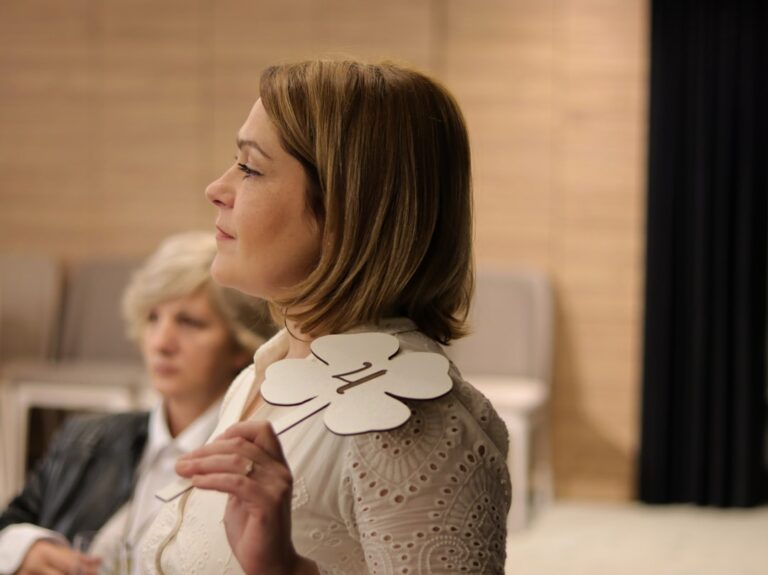Warwickshire valuations for probate are essential for transparent estate distribution and tax compliance. Professional appraisers assess market conditions, property features, and local trends to determine fair market value for real estate and personal possessions. This process involves gathering financial documents, applying recognized valuation techniques, and ensuring accuracy with current market values. Common mistakes include underestimating property values, inadequate documentation, and neglecting professional appraisals, which can lead to disputes with HMRC and delays. Thorough preparation and expert assessment are crucial to avoid these issues.
“In navigating the complex landscape of Warwickshire valuations for probate, understanding the intricacies is key. This comprehensive guide delves into the process, offering a clear path for those faced with estate valuation tasks. From assessing property conditions to leveraging local market trends, this article ensures you’re equipped to handle tax obligations accurately. Moreover, by highlighting common mistakes to avoid, it equips readers with the knowledge to navigate Warwickshire’s probate valuation process seamlessly.”
- Understanding Warwickshire Valuations for Probate: A Comprehensive Guide
- The Process of Conducting a Valuation for Tax Purposes
- Common Mistakes to Avoid During the Valuation Process for Probate in Warwickshire
Understanding Warwickshire Valuations for Probate: A Comprehensive Guide

When dealing with Warwickshire valuations for probate, it’s crucial to understand the process thoroughly. This comprehensive guide aims to demystify the evaluation of assets and properties in the context of probate in Warwickshire, England. The valuation plays a pivotal role in ensuring the accurate distribution of an estate as per legal requirements.
Warwickshire valuations for probate are based on a thorough assessment of various factors, including market conditions, property features, and local trends. Professional appraisers employ specialized knowledge to determine the fair market value of real estate, personal possessions, and other assets. This process is essential not only for tax purposes but also to safeguard the interests of all beneficiaries involved in the probate.
The Process of Conducting a Valuation for Tax Purposes

When it comes to Warwickshire valuations for probate, the process involves a meticulous evaluation of assets and liabilities to determine their net worth at the time of the deceased’s death. This is a crucial step in the inheritance tax calculation. Professional assessors employ various methods and tools to ensure accuracy, considering market values, recent sales data, and specialized knowledge of the asset’s condition and rarity.
The valuation process begins with gathering all relevant information pertaining to the estate. This includes examining financial statements, title documents, and appraisals for any unique or valuable items. Assessors then apply recognized valuation techniques, such as income approach, cost approach, or market approach, depending on the type of asset. Each method has its advantages and is chosen based on what provides the most reliable estimate of the asset’s value.
Common Mistakes to Avoid During the Valuation Process for Probate in Warwickshire

When it comes to Warwickshire valuations for probate, navigating the process can be complex and challenging. Many individuals make costly mistakes during this sensitive time, which often leads to delays and additional stress. One of the primary errors is underestimating the value of assets, especially when dealing with real estate. Real property in Warwickshire has seen significant fluctuations in market values over the years, so it’s crucial to engage professional appraisers who understand local trends. Neglecting this step can result in an inaccurate valuation, leading to tax implications and potential disputes with HMRC.
Another common pitfall is a lack of thorough documentation. Gathering comprehensive records of all assets, including property, investments, and personal belongings, is essential for a precise evaluation. Inadequate documentation may cause delays and increase the risk of errors during the probate process. Additionally, failing to consider any special circumstances or unique features of the estate can result in an incomplete valuation. This might include valuable heirlooms, rare collectibles, or properties with specific historical or architectural significance, all of which require expert assessment.
In navigating the complex landscape of Warwickshire valuations for probate, understanding the process and common pitfalls is paramount. This guide has equipped readers with a comprehensive toolkit to accurately value assets for tax purposes, ensuring compliance and minimizing potential errors. By following the outlined steps and avoiding typical mistakes, individuals can confidently manage the valuation process, fostering a smoother transition during what can be an emotional and challenging time. Remember, accurate Warwickshire valuations for probate are not just about meeting legal requirements but also ensuring your loved ones’ wishes are respected.
